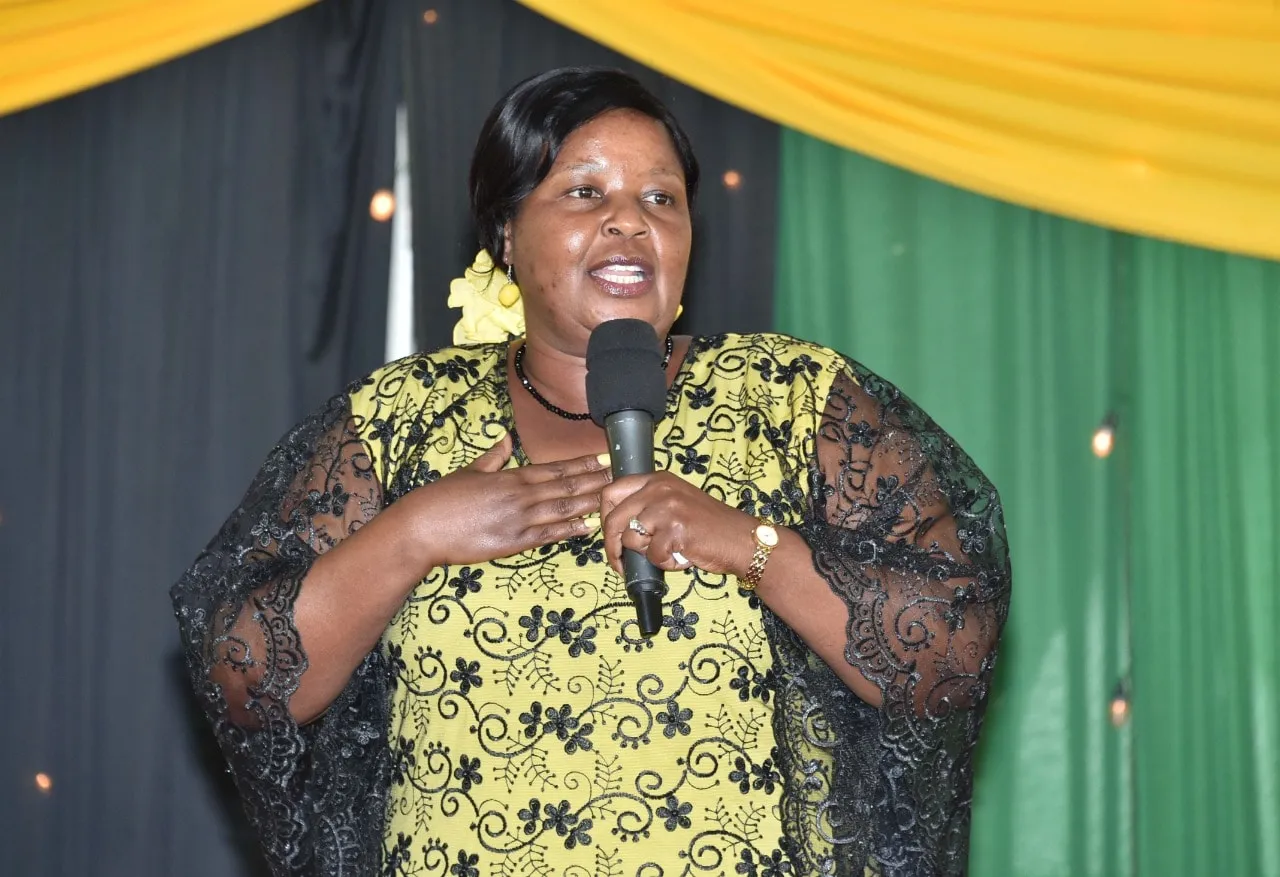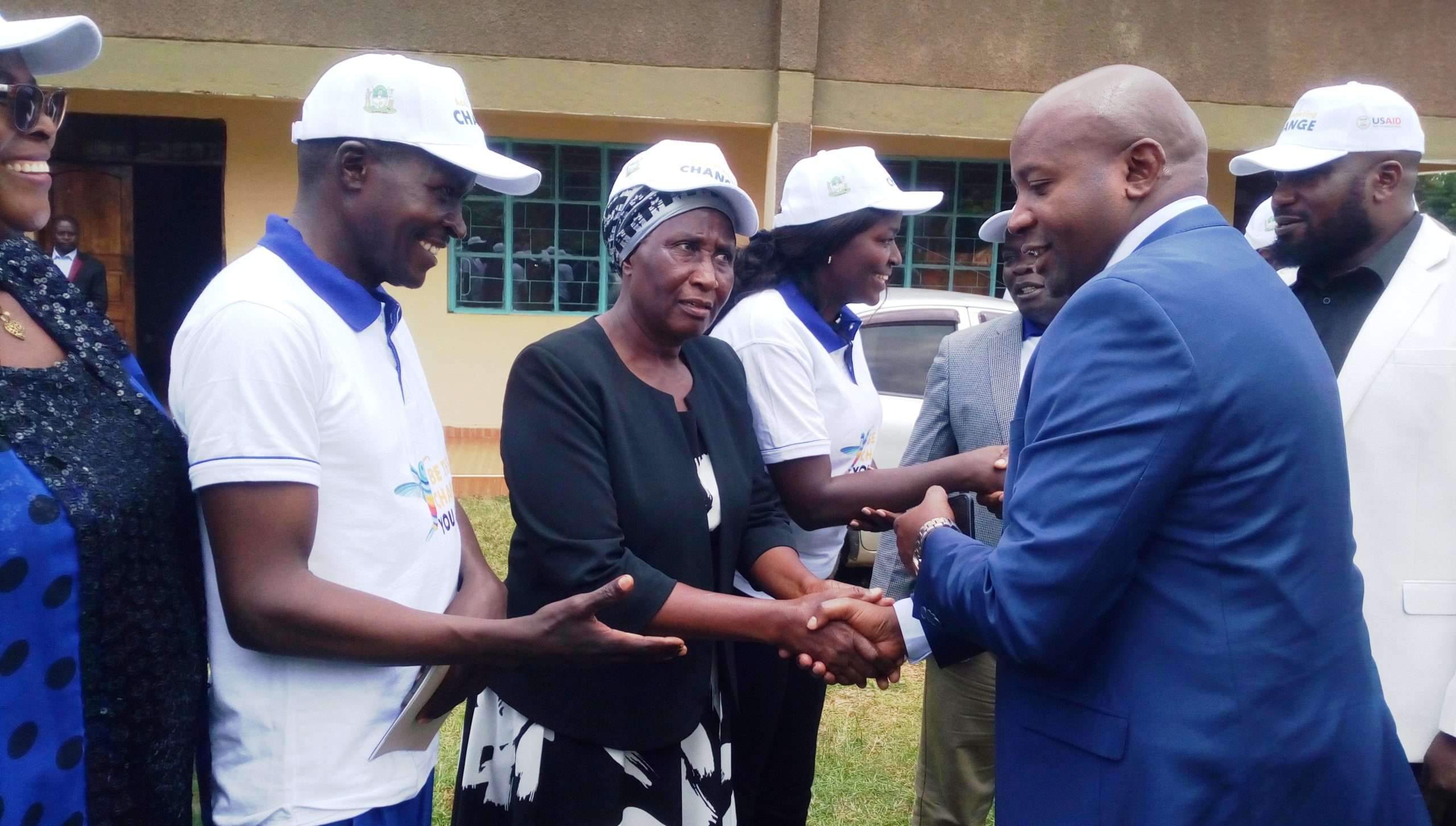By Our Reporter
In a bold move to reform Kenya’s complex and fragmented education financing system, lawmakers have formed a 17-member ad hoc committee to review and unify multiple bursary schemes into a single, streamlined framework.
The committee has been granted a 90-day window to propose legislation establishing a consolidated and sustainable funding model to support basic, tertiary, and university education. The initiative is expected to address persistent inefficiencies and inconsistencies in the current system, which involves overlapping efforts by the national and county governments, the Constituency Development Fund (CDF), the National Government Affirmative Action Fund (NGAAF), and other independent providers.
Minority Leader Junet Mohamed, who introduced the motion in the National Assembly, underscored the goal of the initiative: “to streamline and consolidate education funding for provision of free and compulsory basic education through a national education fund.”
The committee will engage a wide range of stakeholders, including students, learning institutions, funding bodies, private sector partners, and relevant government departments, to map existing resources, identify overlaps, and propose a governance structure for a unified national education fund.
This effort follows a directive issued last year by National Assembly Speaker Moses Wetangula, who called for integrating all bursary and public scholarship schemes into a single fund. His comments were prompted by concerns raised by Chief Justice Martha Koome, who criticised the current arrangement as inconsistent and inefficient.
“You find the MP is giving bursaries, the MCA is giving bursaries, the governor, women’s representatives, they all come from the same source,” Wetangula remarked, highlighting the duplication and lack of coordination that has long plagued education funding in Kenya.
Junet Mohamed further pointed out that despite the presence of numerous funding channels, many parents continue to shoulder substantial financial burdens related to boarding, meals, and educational materials. He noted that the committee will conduct a situational analysis of all existing education-related funds at both national and county levels, focusing on government capitation and disbursement mechanisms.
He also decried the lack of transparency and clear eligibility criteria in the current system, which has seen bursaries awarded to undeserving students at the expense of genuinely needy students.
The committee includes Junet Mohamed, Naisula Lesuuda (Samburu West), Mary Emase (Teso South), Stephen Mule (Matungulu), Elijah Kururia (Gatundu North), Amina Udgoon (Garissa Woman Representative), Omboko Milemba (Emuhaya), Eve Obara (Kabondo Kasipul), Titus Khamala (Lurambi), Charles Oncheke (Bonchari), Clive Gisairo (Kitutu Masaba), Daniel Karitho (Igembe Central), Beatrice Ngelechei (Elgeyo Marakwet Woman Representative), Reuben Kiborek (Mogotio), Adan Keynan (Eldas), Jane Kagiri (Laikipia Woman Representative), and Amina Mnyazi (Malindi).
The committee’s findings and legislative proposals are expected to chart a new course for equitable, transparent, and sustainable education financing in Kenya.





